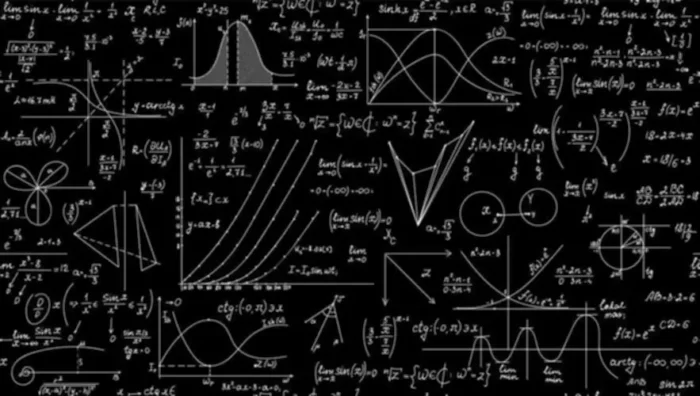Many people say that we were taught from childhood that math is an important subject because everyone in life will have to count money, just know the numbers, multiply, and subtract. It is even difficult to imagine our world without mathematics. Simple counting of objects led to the emergence of arithmetic, which was used by people in ancient times. Then, new branches of mathematics, such as geometry, algebra, and trigonometry arose.
When it comes to professions that are associated with mathematics, the first thing that comes to mind is, of course, the profession of a bookkeeper. However, do you really need to be good at math to make a career in the accounting field? Today, we will look at the bookkeeper job and what role math plays here.
Bookkeeping and math
For effective work, a bookkeeper needs a high level of attention and concentration, developed logical thinking, and other skills. A good bookkeeper has the ability to self-check and self-control (after all, any mistake in bookkeeping accounts one makes is fraught with losses and other serious troubles). Personal qualities such as patience, accuracy, perseverance, responsibility, organization, and vigilance are also important.
It is obvious that mathematics is the foundation of accounting. If there were no mathematics, then there would be no accounting. Before the advent of computers, it was difficult to find a bookkeeper without a college or even a university degree. The business owners would hire only those who could cope with a large volume of numerical flows, their display on paper, and maintain all the records organized, clear and accurate without the technology that did it all for you.
Currently, one does not need to have a lot of knowledge or know higher mathematics. A good bookkeeper nowadays is not the one who can multiply three-digit numbers in their head. A modern bookkeeper has computer and specialized programs. The main thing for a bookkeeper is to have knowledge of reporting forms and rules for their maintenance, laws, and regulations and be able to apply them in practice.
Nowadays, even a high school graduate who knows basic math and how to use a computer and can learn some basic programs associated with bookkeeping can safely take on the responsibility of a bookkeeper. Nonetheless, to be considered a good bookkeeper and make it your career, you need not only to be able to enter documents into the program and generate reports by clicking a certain button. You need to be able to analyze and explain various situations, draw conclusions.



















